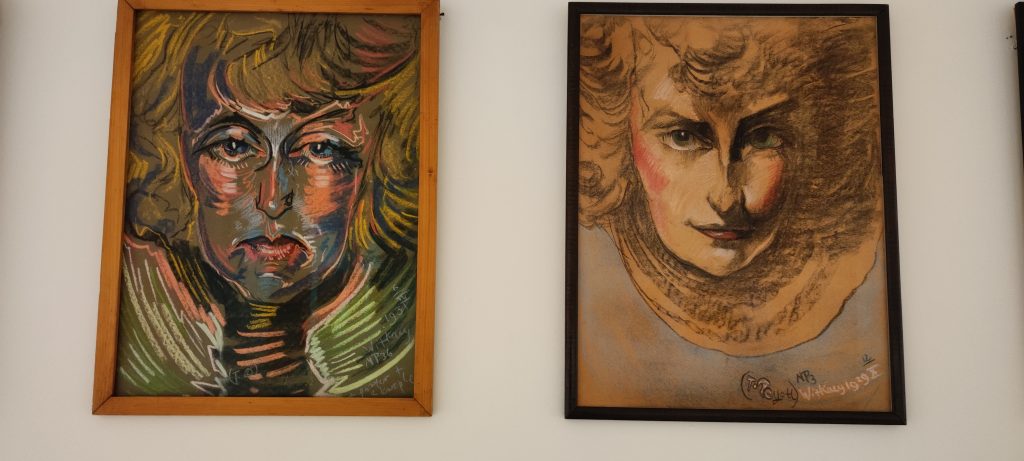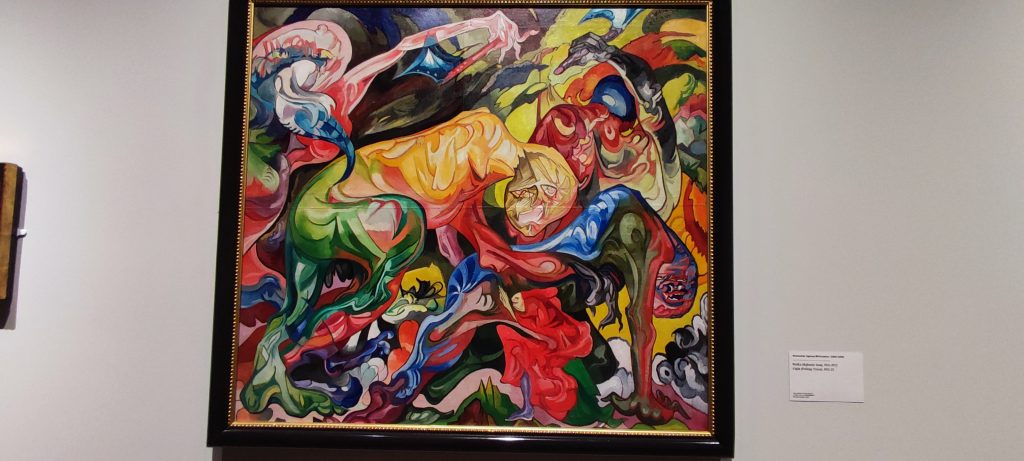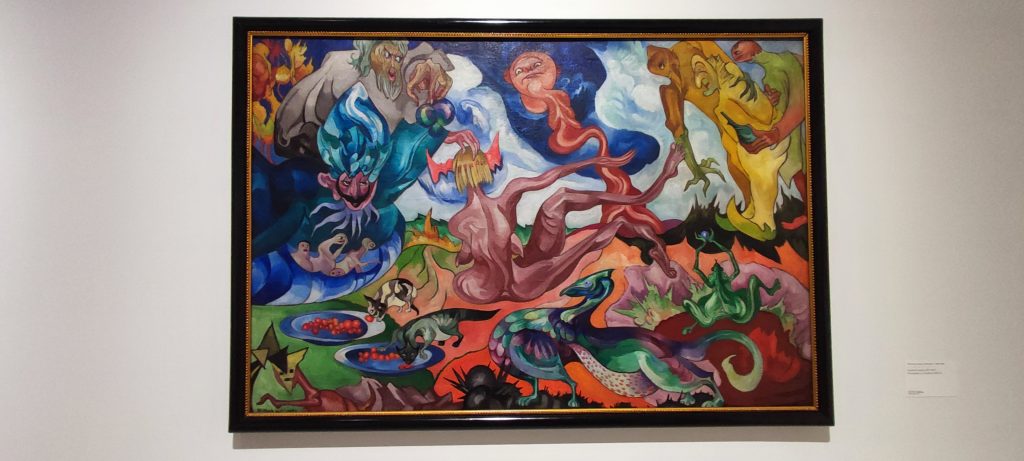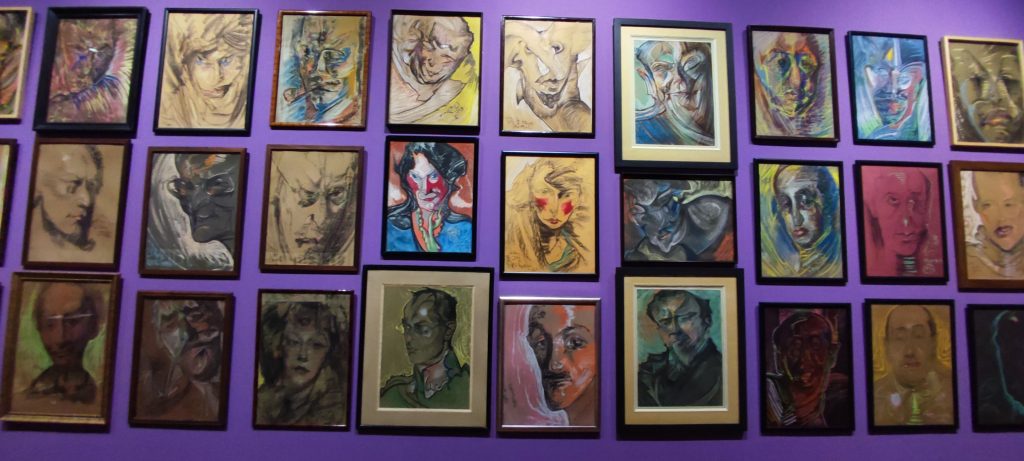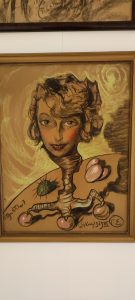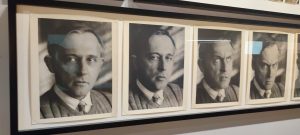Foreign Language Centre
Inspiring
Witkacy
Witkacy, or Stanisław Ignacy Witkiewicz, was a man of many talents, a playwright, writer, painter, portraitist, philosopher, theatre theorist and photographer. He was an extraordinary artist with a complex, and yet fascinating personality which needs to be studied in order to understand what Witkacy created, wrote and painted. His work is interwoven with autobiographical threads, so it is impossible to separate his life from his painting, his painting from his literature or his literature from events in his personal life and from a historical perspective.
In autumn 2022, at the National Museum in Warsaw, we could see the exhibition entitled ‘Witkacy. Seismograph of the Age of Acceleration’. The exhibition gives us a glimpse of a genius who does not lend himself to any direction in art, because Witkacy is art itself. Like a seismograph, the artist recorded everything: contemporary artistic trends and ideas, civilisational changes such as the automation of production, suffering associated with war or the October Revolution in Russia – and transformed them into art, in his own way.
He was an astute observer of the human personality. This is perfectly evident in the portraits he painted, which provide a glimpse into the souls of his subjects. When he was already a well-known artist, he gave up oil painting and founded the “Portrait Company”, which became his main source of income. But Witkacy did not portrait everyone: he refused some, saying firmly: “I see no reason!” The lucky ones who succeeded, on the other hand, had to abide by the rules and regulations created by the artist, the last point of which read: “Disagreements excluded”.
For over a dozen years, he painted several thousand portraits. It was not uncommon for him to write on his paintings what stimulants he had taken or smoked while creating the work, but often it was simply coffee or tea.
Witkacy lived between 1885 and 1939. He died a suicide (18 September 1939) upon hearing that the Russian army had entered Polish territory, carrying out another partition of the country with the Nazi Germans.


